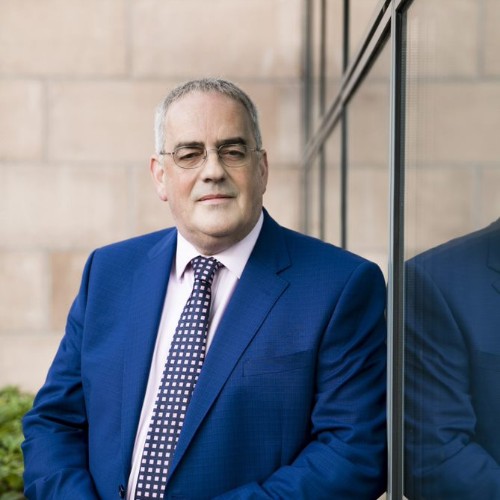The difference between good and great project managers? Managing client expectations

The backbone of any successful endeavour, good project managers focus on orchestrating the various components of a project with planning and precision.
Once a project has been successfully initiated and they have their project initiation document or project charter, good project managers build on these foundations through planning and meticulous organisation, setting out well-defined objectives and agreeing on clear deliverables.
Infused with a thorough understanding of the project’s requirements, they guide the team with clarity and purpose, whether taking a traditional approach or an agile path.
Leveraging careful planning, stakeholder engagement, communication planning and agility, good project managers lead their teams towards success. Client satisfaction becomes a byproduct of their diligent efforts as they steer the project through challenges and triumphs alike.
Mastering the science of project management keeps the team and the client on terra firma throughout the project life cycle. A safe pair of hands provides much-needed security when moving through the stage gates.
Taking it further
Great project managers build on all this and take the art of project management to a higher echelon by nurturing exceptional client relationships. They recognise that client satisfaction is about more than just meeting deadlines and delivering results — it's about understanding the client's vision and expectations.
Through empathy and active listening, they make time to comprehend the client's goals, concerns and aspirations, forging deep connections built on trust. By involving clients in every step of the journey, they ensure alignment and a shared sense of purpose.
Anticipating and managing client expectations are second nature to great project managers. They set realistic goals and timelines, avoiding overpromising and underdelivering. By proactively addressing potential deviations from the plan, they foster a sense of security and reliability in the client, even in the face of unforeseen challenges. They view every engagement as a partnership, reflect on the experience and add these power skills to their armoury continuously.
While good project managers master the intricacies of project management, great project managers elevate the process by placing clients at the heart of every decision.
For good project managers looking to elevate their skills and transform into great project managers, here are four considerations to reflect on and invest in:
- Develop strong communication skills: great project managers excel in communication not only within their team, but also with clients and stakeholders. Invest time in honing active listening, clarity in conveying ideas and the ability to tailor communication styles to different audiences. Effective communication builds trust, fosters collaboration and ensures everyone is aligned with project goals.
- Prioritise client understanding: take the time to truly understand the clients' needs, aspirations and expectations. Once you’ve completed this cycle — rinse and repeat. Engage in open dialogues, ask probing questions and empathise with their perspective. When you understand what drives the client, you can tailor your approach to meet their unique requirements and deliver exceptional experiences.
- Embrace emotional intelligence: great project managers exhibit emotional intelligence in managing their team and handling client relationships. Understand your emotions and those of others, manage stress effectively and cultivate empathy to navigate challenging situations with grace.
- Foster a collaborative culture: invest time in building a collaborative team environment. Encourage open feedback, celebrate achievements and create a space where synergy between the project team and the client team can develop. Harmony is the seam that marries the science of project management with the art of project management.
While good project managers are the reliable engines that keep projects running smoothly, great project managers take it a step further — they have a knack for understanding what clients truly want.
So, to become a great project manager, keep honing your skills, remain open to feedback and build those essential connections with your clients. Mastering client management not only leads to successful projects, but you also get a chance to bring your clients’ visions to life.
You may also be interested in:
- What is stakeholder engagement?
- How to achieve more connected communication by clearing mental ‘clutter’
- Ask yourself: is my project effectively efficient?


0 comments
Log in to post a comment, or create an account if you don't have one already.